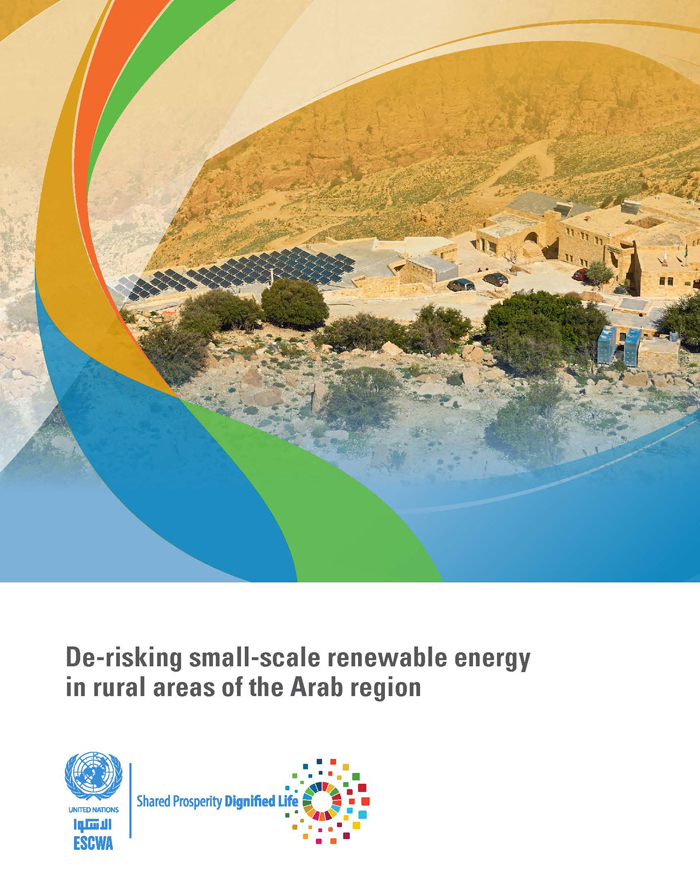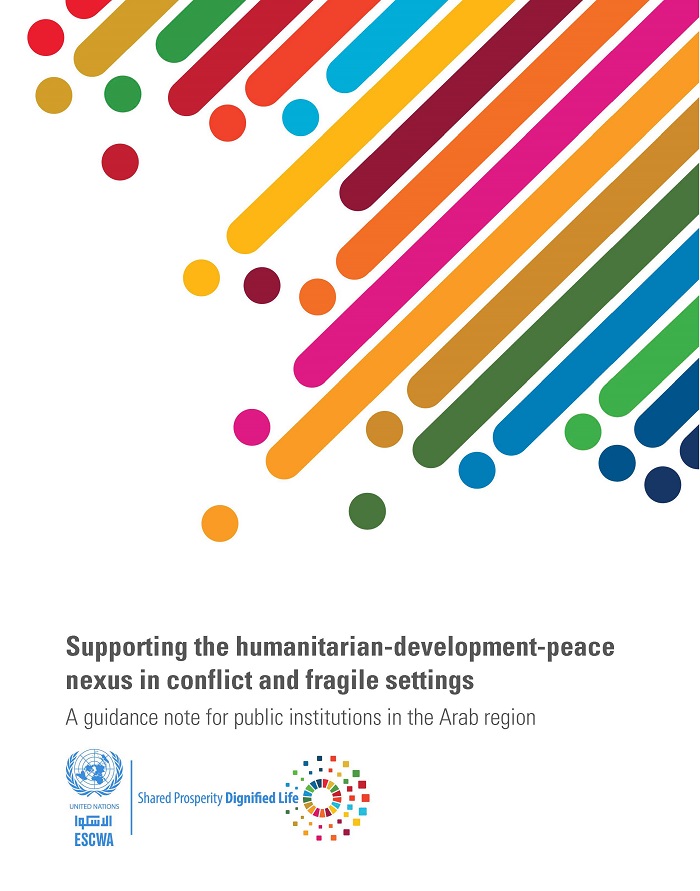
Background
In 2015, world leaders endorsed a new global framework to finance the 2030 Agenda and the 17 Sustainable Development Goals (SDGs). The framework, encapsulated by the Addis Ababa Action Agenda, lays down the actions and strategies needed to support the implementation of national sustainable development plans, notably through the development of integrated national financing frameworks (INFFs).
An integrated national financing framework is a tool for Governments to finance the SDGs at the national level. The framework analyses all financing sources and non-financial means of implementation available to a country, and designs a financing strategy to mobilize all types of resources, manage risks, and achieve sustainable development targets by transitioning to SDG-centric budgeting.
Our approach
ESCWA is developing INFFs that offer a detailed anatomy and multidisciplinary diagnostics of financing instruments, channels and non-financial means available to a selected group of pilot countries in the Arab region, to mobilize an aggregate mix of financing to achieve the SDGs. The frameworks provide country-tailored SDG costing simulations (SDG-financing dashboards); 2030 projections of financing needs, synergies and densities; estimates of funding gaps and lost opportunities in financing (the Arab Financing for Development Scorecard); and investment efficiency assessments. The frameworks also offer a comprehensive mapping of the financing for development (FfD) landscape, identifying countries’ strengths, weaknesses, opportunities and threats, so as to develop policies and reforms to finance sustainable development.
Our partners
Department of Economic and Social Affairs (DESA) and United Nations Development Program (UNDP).
Our activities
INFFs will be supported by a dedicated electronic platform, offering a wealth of quantitative diagnostics to analyse the state of financing sustainable development at the national and regional levels.
INFFs comprise toolboxes employing over 25 empirical models (SDG-Financing Calculator) and quantitative analysis, covering countries’ main financing channels to establish an integrated FfD-health monitor that captures all aspects of FfD progress, implementation gaps, opportunity costs and returns on financing, and emerging challenges and the means to address them. (Related resources: Towards Integrated National Financing Framework (INFF): Financing the SDGs at the national level; Financing for Development Gateway: Financing is about transforming lives not just economies).



